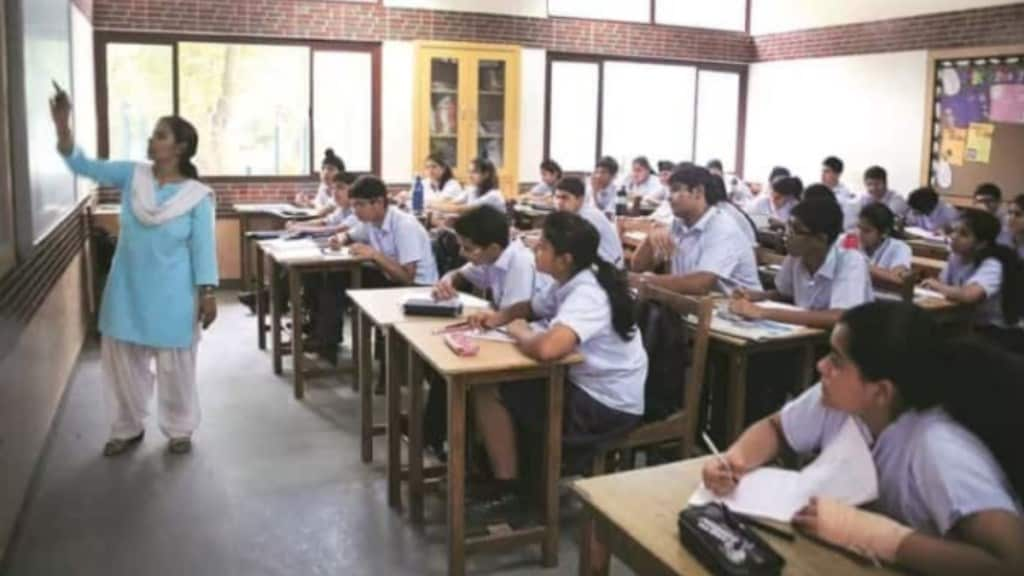Non-BJP ruled states, including Delhi and West Bengal, abstained from participation in the inaugural State Educational Achievement Survey, organized by the national assessment regulator PARAKH, as disclosed by officials from the Education Ministry. The survey’s objective was to pinpoint areas necessitating improvement in school teaching and learning. It aimed to gauge baseline performance concerning competency development at the culmination of foundational, preparatory and middle educational stages, according to an official announcement.
Conducted on November 3, the survey evaluated educational competencies among students at the block level across India in classes three, six and nine. Covering about 80 lakh students from three lakh schools in 5,917 blocks nationwide, the survey also involved six lakh teachers and over three lakh field investigators. The primary focus of the survey was to assess students’ learning competencies at the conclusion of each educational stage, emphasizing Language and Mathematics, according to an official statement.
Except for Chhattisgarh, Delhi, Odisha, Punjab, Rajasthan, and West Bengal, all other states and Union Territories actively participated in the survey. The tools for assessing students’ competencies were developed using scientific methods. The assessment employed a paper-pen-based approach with OMR technology for data capture and analysis, ensuring precision and efficiency in data acquisition and validation, as per the statement.
The successful execution of the State Educational Achievement Survey 2023 would provide crucial insights into the strengths and potential areas for improvement within the education system. These insights would serve as the foundation for evidence-based policies and initiatives to enhance the quality of education, as per the statement.
A notable feature of this year’s survey was the expansion of the sample size to comprehend learning gaps at the block level. This strategic shift from the district level aimed to cater to a larger number of students and gain a deeper understanding of performance, including teachers’ professional development programs at the block level, it added.
With inputs from PTI.

